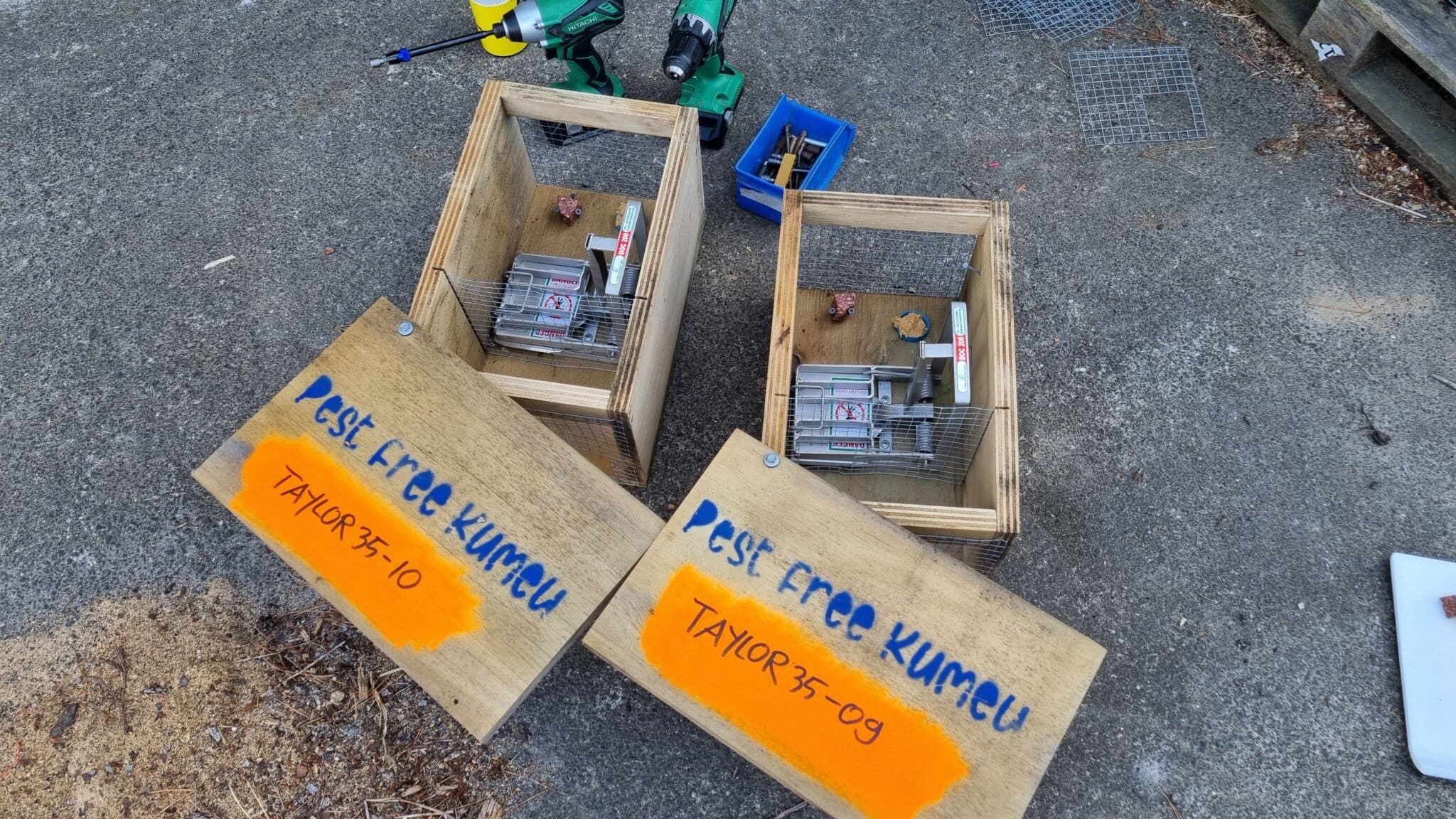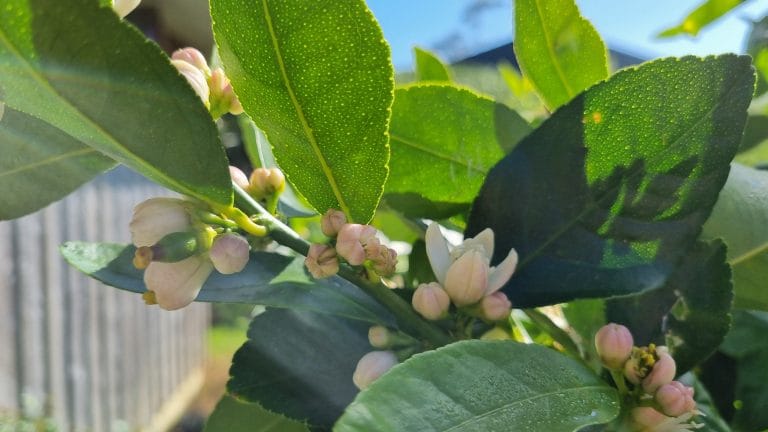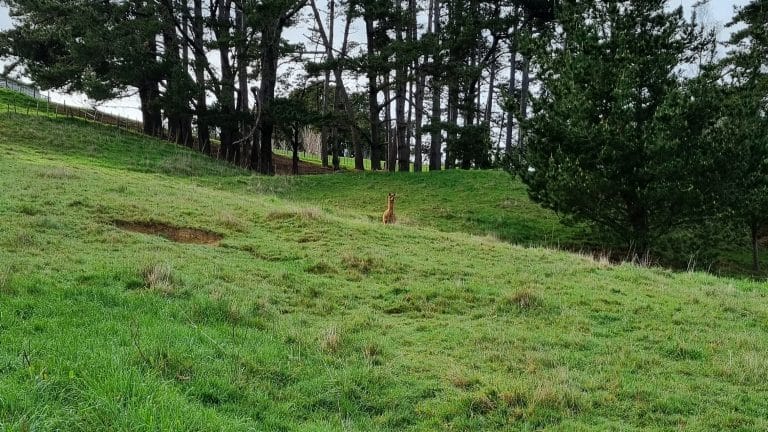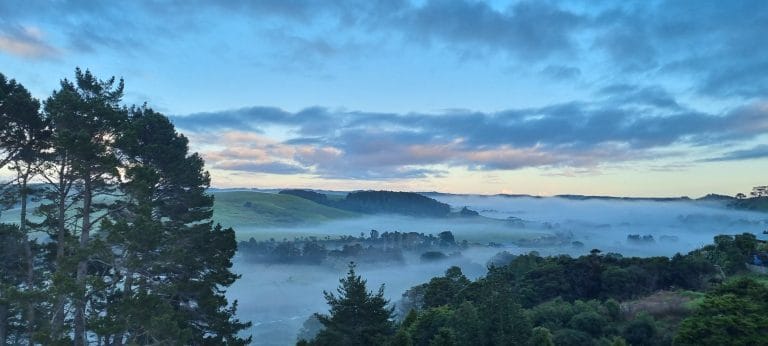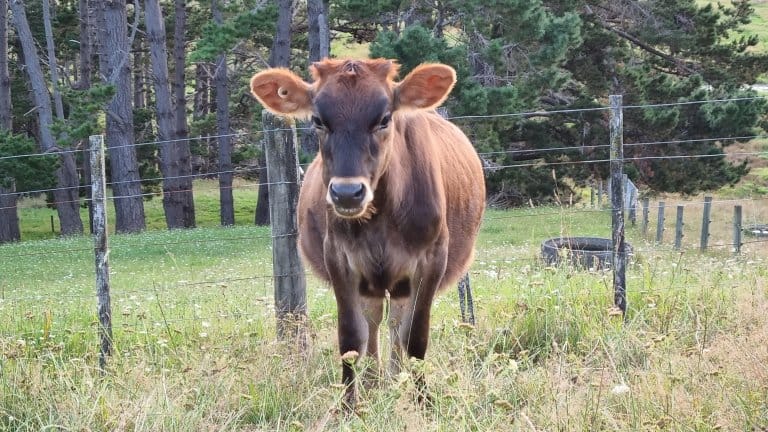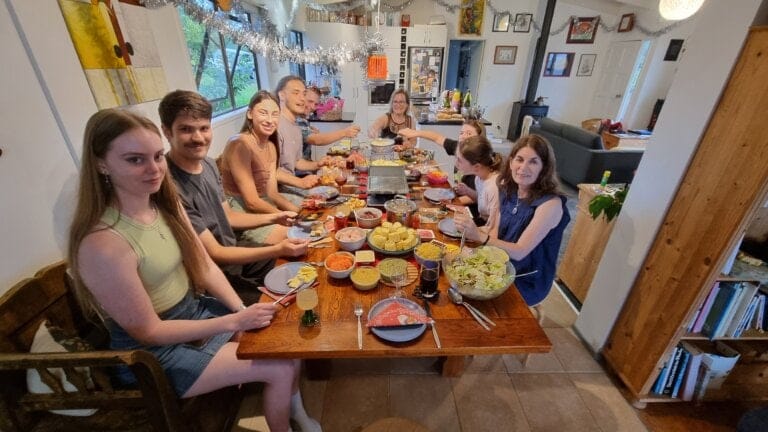The days are getting longer and the weather better.
Spring is a beautiful season when nature comes alive with new growth and vibrant colours. It is also a time when many of our native species breed and are more vulnerable to predation by invasive pests such as mustelids, rats and possums. These pests pose a serious threat to the unique and ancient native species of plants and animals in New Zealand, which are part of our natural whakapapa.
Trapping pests in spring is a rewarding and worthwhile activity that can make a significant difference for our native species and our natural environment. By choosing the right traps and toxins, setting up trap and bait lines, checking traps daily and disposing of carcasses properly, and monitoring and sharing our trapping results, we can help reduce the impact of invasive pests and restore the natural balance of the ecosystem.
Trapping is one of the ways we can contribute to the Predator Free 2050 goal, which is a coordinated nationwide effort to eradicate mustelids, rats and possums from mainland New Zealand by 2050. Predator Free 2050 builds on the achievements of hundreds of scientists, ecologists, iwi and community conservationists and is inspiring thousands more to join the movement. It offers the unifying vision of an endgame, and an action plan to win it.
Sometimes setting up traps can be challenging, particularly with our rather inquisitive goats.
Pukeatua Farmstay is a member of the Pest free Kumeu-Huapai community group, Pest free Muriwai and has a number of various mechanical traps and bait station spread around the property. They are typically checked daily. And once a year in spring is the best time to ensure all traps function properly.
Over the weekend all traps were thoroughly inspected, cleaned and tested. They were also relabelled were necessary.
Want to know more: Check out DOC's website for community trapping information.

